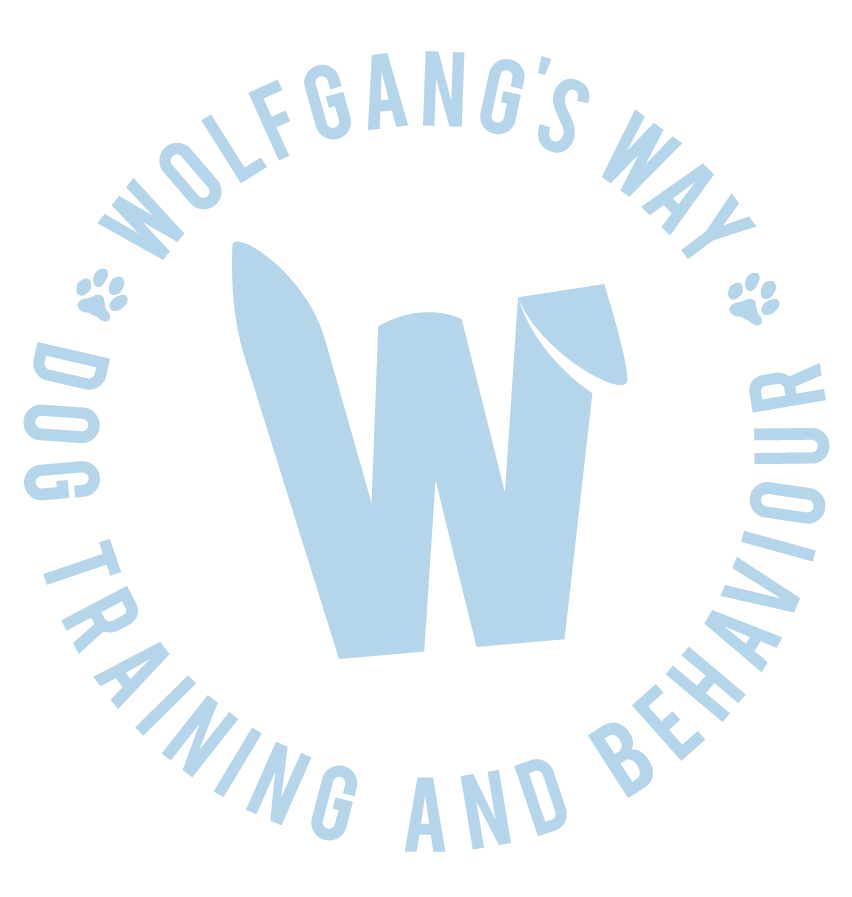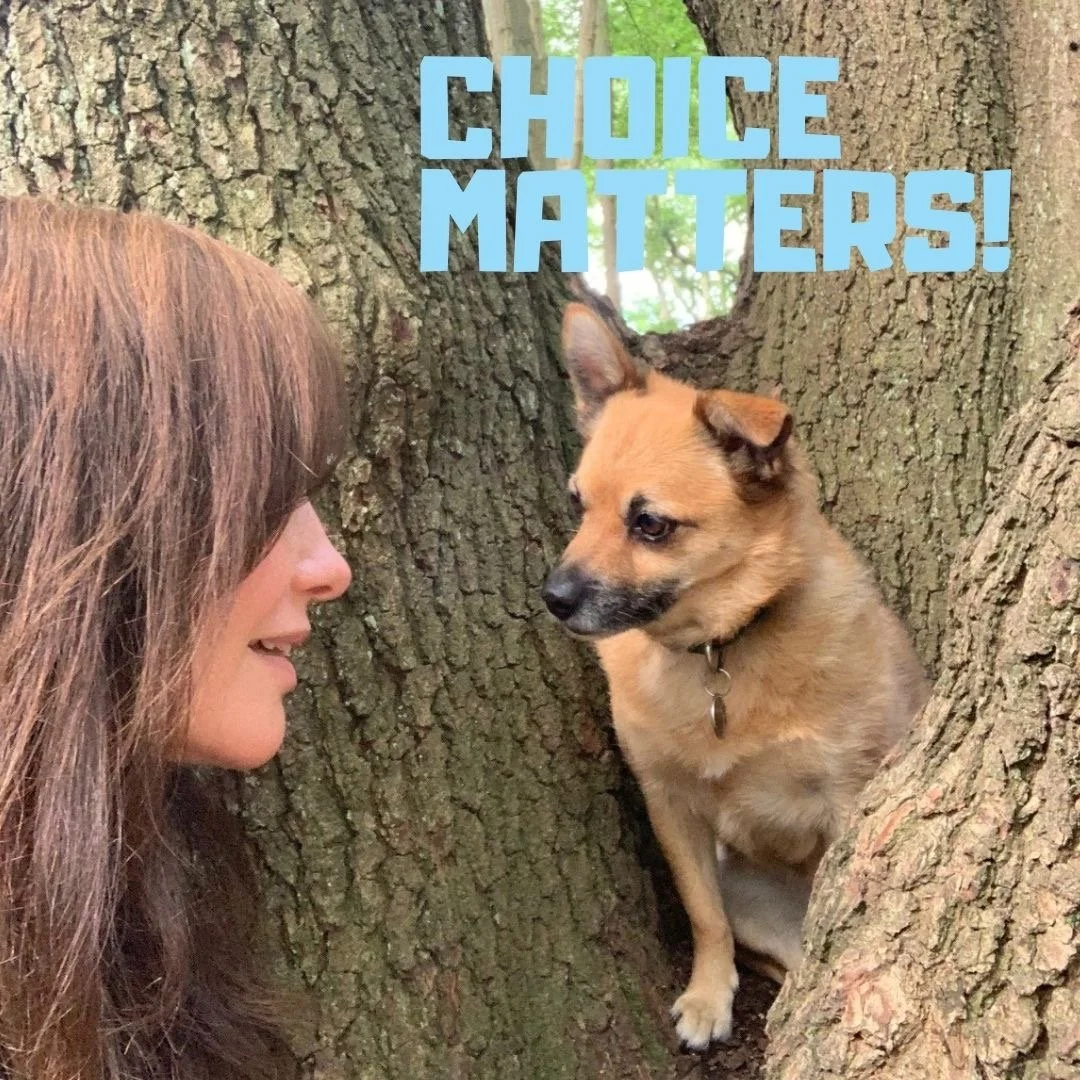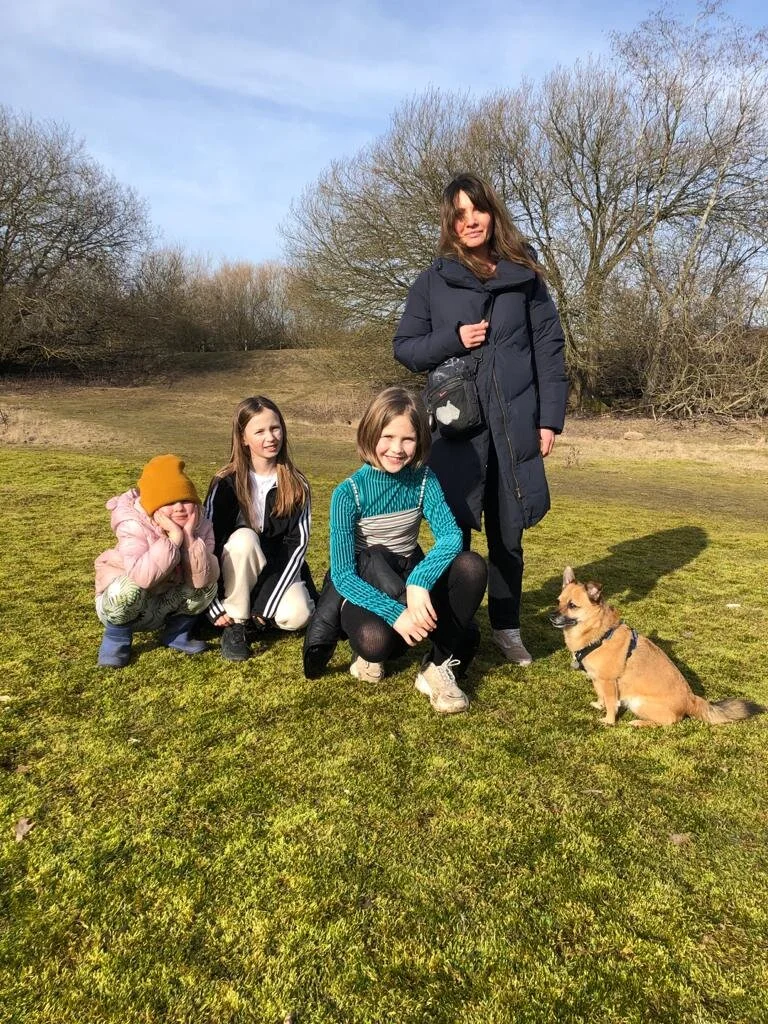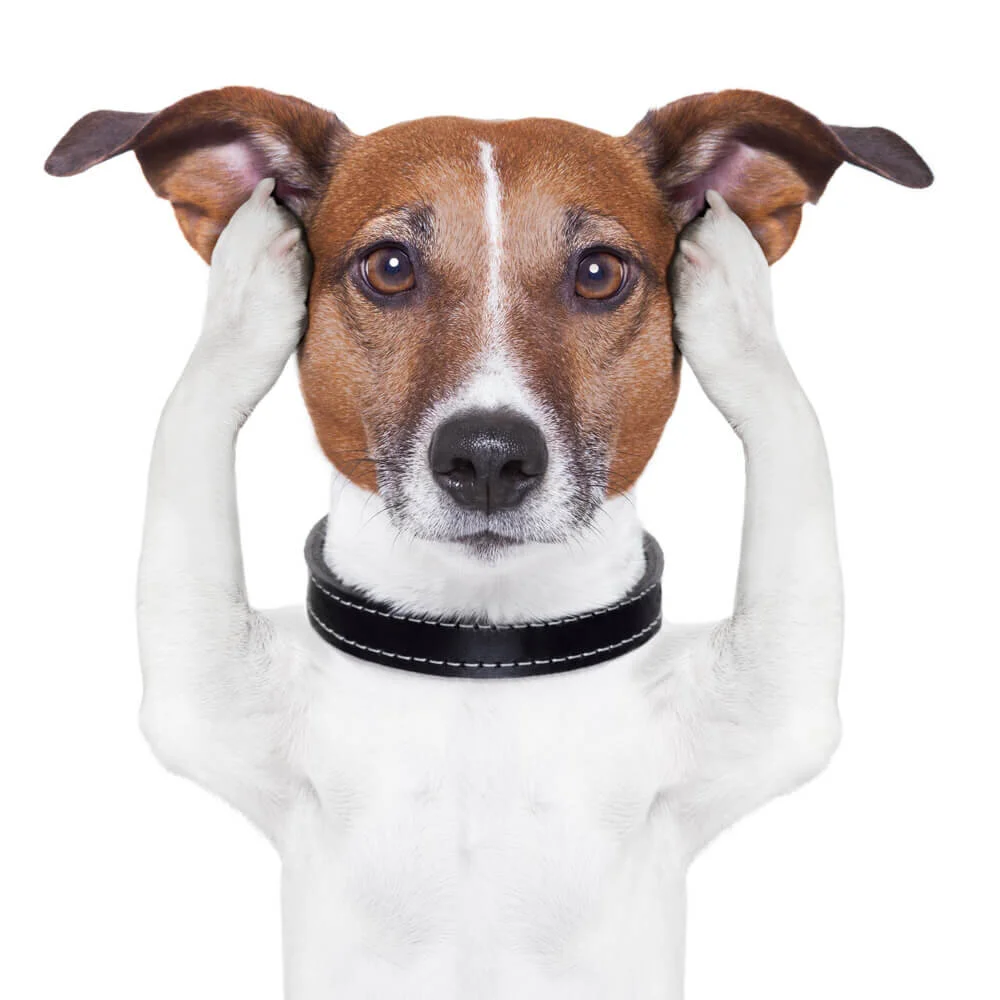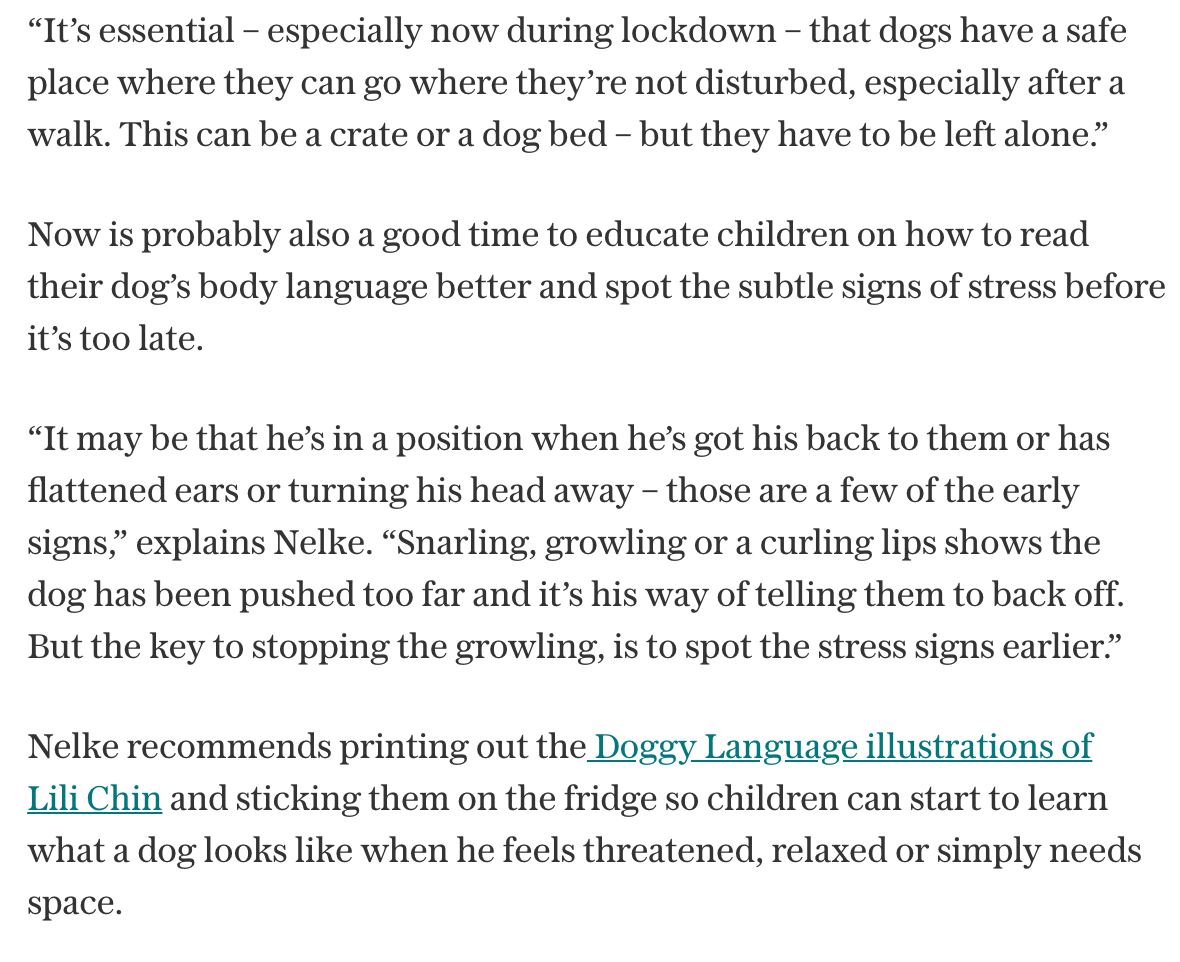Let’s face it, our dogs have very little choice and control over their day to day existence. They have no say over when they want to eat (or how much!!) or how much time to spend in the park. Whether they actually want that stranger to pat them on the head (while they can’t get away ‘cause there’s that thing called a lead that renders them stationary) or if this really is the ideal time to go to bed.
So whereas there are some things that we of course do no need to decide and manage on their behalf, in order to ensure they stay safe and healthy, providing choice for your dog wherever possible will make a huge difference to their overall wellbeing and will certainly improve the relationship you have with your furry friend.
Choice as well as being able to predict what happens next, whether that is via a routine or offering choice, make dogs feel safe. And feeling safe means less stress and more contentment; resulting in a confident, healthy and happy dog. What’s not to love?
